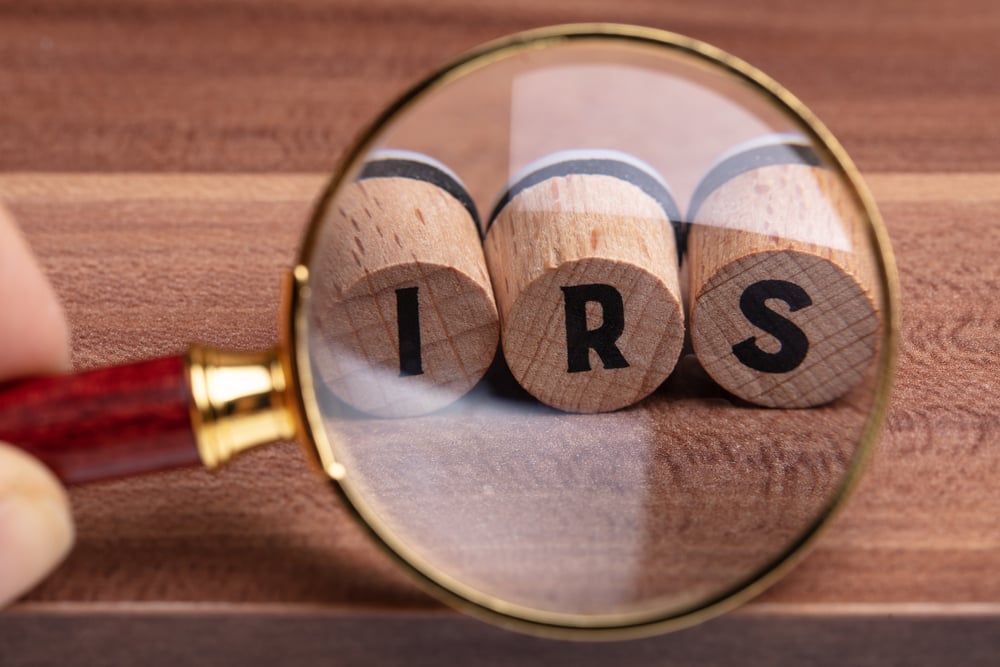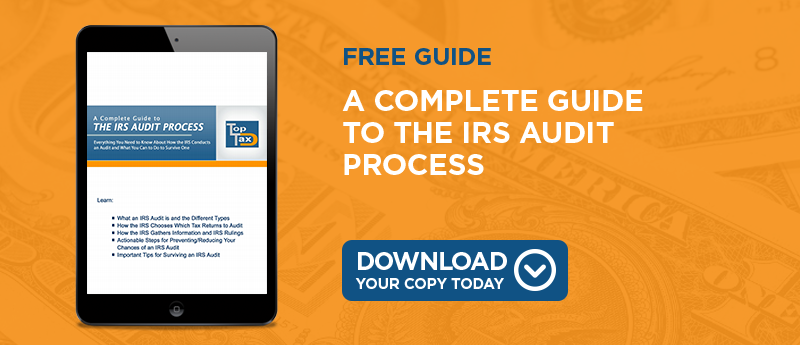
If you were to ask taxpayers about their most common fear, many would say that they worry about being audited by the Internal Revenue Service. While the actual number of tax audits done each year is quite low, those who are affected by them can suffer serious financial trouble, leading to large judgments and years of back tax payments. It's far more important to do what you can to avoid a tax audit in the first place. With the proper information and preparation, your chances of being audited by Uncle Sam can become very small.
Ask Your Preparer Plenty of Questions
First, it's essential that you involve yourself in the tax preparation process as much as possible. This means that you'll have to ask your tax preparer as many questions as possible. If the person who prepares your tax forms seems unwilling or unable to answer your questions, you need to find another preparer. It's true that your tax professional's name appears on the form, but the IRS will ultimately hold you responsible for the accuracy of your return.
You should ask your tax professional about any part of the filing process that you're unfamiliar with or unsure about. For example, if your tax preparer asks you for your business expenses, you might bring in documentation for each bill that you've paid in the course of business that year. However, you may not be able to deduct all of these expenses legally. If your tax preparer simply claims all of them, you might find yourself in hot water with the IRS. Instead, ask your tax professional exactly which expenses you can claim and then find the documents you need to support them.
Always Keep Your Important Paperwork
Another way you can avoid an IRS audit is to keep copies of the relevant tax figure receipts and paperwork. These documents usually include receipts for business purchases or expenses, documents that support your itemized deductions, and all the information relating to your wages, salaries, or tips. You'll also need to keep records of paperwork that supports any other deductions such as student loan interest, educator expenses, or moving expenses. If you have to amend your original return, keep copies of the receipts that back up the adjustments you make to your forms.
An IRS audit is a rare, but very real, danger to your economic standing. By doing all you can to avoid an IRS audit, you'll reduce the likelihood that you'll have to endure one of your own.




